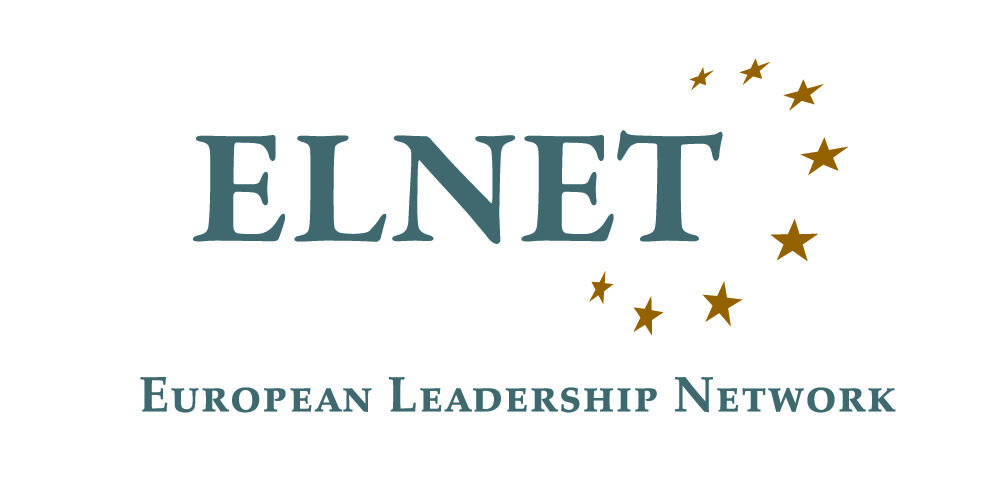As part of ELNET’s educational campaign on Hezbollah in Europe, ELNET-affiliated Forum of Strategic Dialogue held the second Europe-Israel Strategic Dialogue entitled “Hezbollah at a Crossroads: Comparing European and Israeli Notes.” The Dialogue enabled sharing lessons from Germany regarding the designation of Hezbollah as a terror organization and explored the further expansion of Hezbollah’s designation throughout Europe.
Prof. Dr. Günter Krings, Parliamentary State Secretary to the German Federal Minister of the Interior, opened the Dialogue with a keynote speech on the German ban of Hezbollah. The senior level of German participation was all the more significant as Germany held the Presidency of the Council of the EU until the end of 2020. Participants included officials from the EU Council, the Austrian Ministry of Interior, the Israeli Ministry of Foreign Affairs, and the Israel Defense Forces, parliamentarians, ambassadors, as well as former officials, experts, and journalists from across Europe, Israel, and the U.S.
The Dialogue highlighted the urgency of addressing the Hezbollah threat: the collapse of the Lebanese economy and institutions, coupled with Iranian weaknesses, affords a historic opportunity to apply regional and international pressure on Hezbollah that will effectively impact and restrain its malign activities in Lebanon, the region, and Europe.
U.S.-Europe cooperation has been outstanding and effective in increasing pressure on Hezbollah, but its overall impact has been limited due to the distinction the EU draws between Hezbollah’s military and political wings. This distinction limits the effectiveness of countering Hezbollah’s activities. Most participants agreed that the distinction between the military and the political wings is artificial and, as noted, denies European governments the tools necessary to effectively combat its illicit activities. In fact, Hezbollah itself does not distinguish between the political and military wings.
Expanding the full designation across Europe will send a strong message and provide additional tools for effectively countering Hezbollah. European countries should enhance their exchange of information as well as lessons and conclusions on the matter. International aid to Lebanon should by and large not be transferred via Lebanese state institutions lacking a real reform in Lebanon, and in any case, needs to be properly monitored. There is a need for a more proactive approach against terrorism in Europe with a focus on young people and women, better communication, better promotion of Western pluralistic values, democracy, and freedom of speech, and more assertively addressing political Islam and antisemitism (including anti-Zionism). In this context, the IHRA definition needs to become mainstream.

